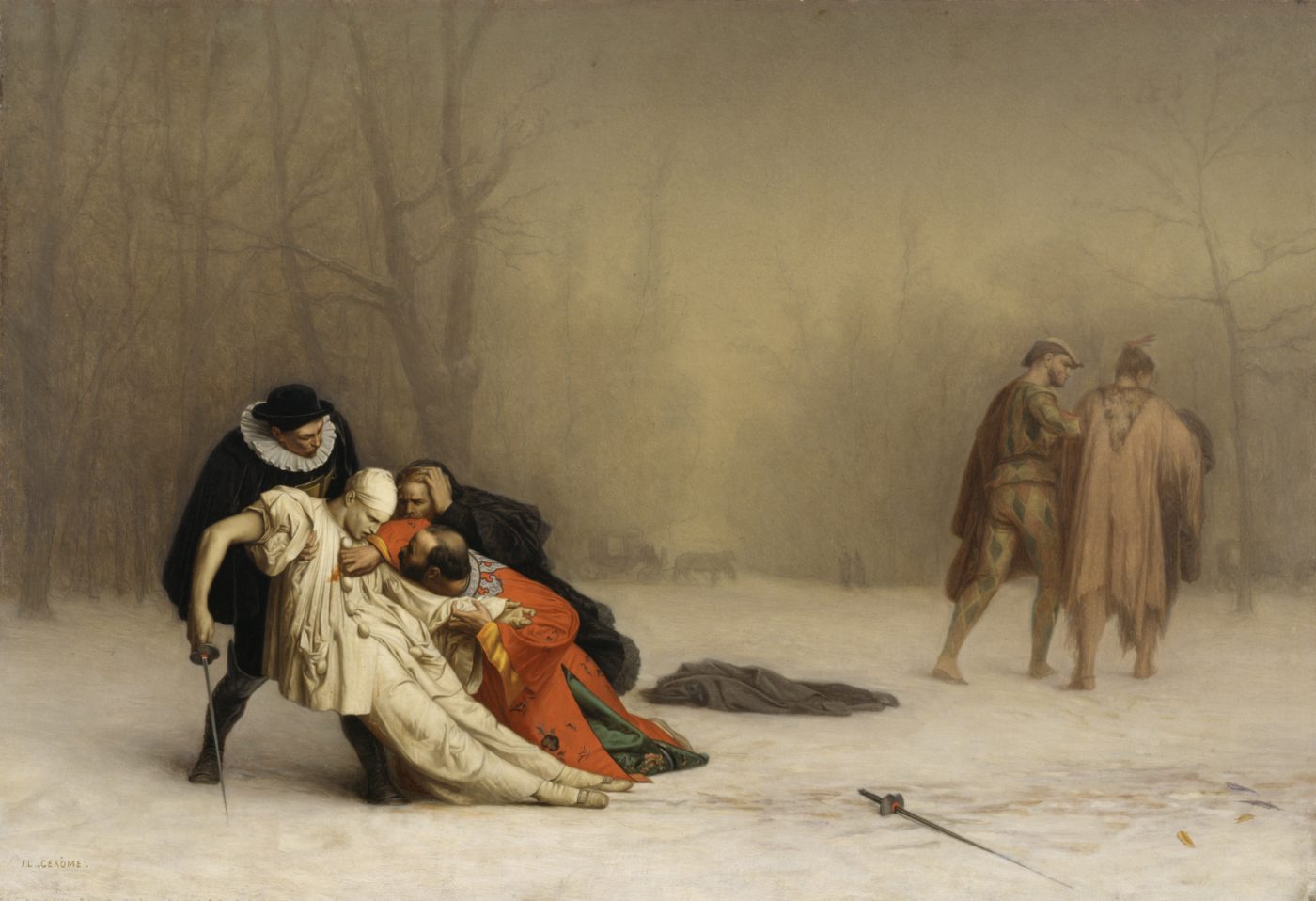Dead Wake: The Last Crossing of the Lusitania ~ A Capsule Book Review by Allen Kopp
The year is 1915. England and Germany are fighting a war that gets uglier and more vicious every day. America, with Woodrow Wilson as president, is trying to remain neutral, but how long that neutrality can last is questionable. Germany is trolling the waters of the North Atlantic with the Unterseeboot or “U-boats,” submarines that, under the right conditions, can deal a death blow to large ocean-going vessels. As the war progresses, Germany is inclined to ignore any laws or rules of decency and fair engagement. The ruthless U-boat commanders will torpedo any boat, especially those belonging to the English, but also any “neutral” boats. America is still neutral in 1915, at least on the surface. However, Germany attacking and sinking American ships—or ships bearing American citizens—almost guarantees U.S. involvement in the war.
The English ship, Lusitania, is sailing from New York to Liverpool, England, in May 1915. On board are many wealthy and important people, Americans and English. The Lusitania is the pinnacle of ocean-going extravagance and beauty. It’s like a floating luxury hotel. Most of the passengers are well aware that traveling through the waters of the North Atlantic is dangerous in wartime, but they believe they will be protected and guarded by the British navy. Many of them are not willing to let the threat of being torpedoed and sunk spoil their good time.
As the Lusitania gets closer to the British Isles, the chances of attack by U-boat increase. William Turner, captain of the Lusitania, gets warnings by wireless communication, but nothing too alarming. He too is lulled into believing that the Germans will not attack a British passenger ship, even one carrying a cargo munitions and materiel for England’s war effort. Germany is (wrongly) credited with having at least some respect for civilians, including many small children.
The commander and crew of U-boat U-20 have had a mostly unsuccessful patrol, meaning that they haven’t come across any “enemy” (meaning English or anybody on the side of the English) vessels to torpedo. (What’s important to U-boats is not the number of vessels they attack and destroy but the cumulative tonnage of those vessels.)
The bad luck of U-20 was about to change. On a bright afternoon in May, with near-perfect weather conditions, the commander of U-20 spies through his periscope the Lusitania, the ship that is the supreme symbol of British naval prowess. Ironically, it is only twelve miles from the coast of Ireland and in the last day of its voyage, only sixteen hours out of Liverpool.
U-20 is able to get a clear shot at the Lusitania, launching a torpedo into the hull of the gigantic ship, destroying and sinking it in a matter of eighteen minutes. There are 764 survivors; 1198 dead, including 123 Americans. Over 600 people on the ship are never found. America doesn’t enter the war for two more years, until German instituted a policy of all-out submarine warfare against any ship, no matter who it belonged to.
After the sinking of the Lusitania, a controversy arose (today called a “conspiracy theory”), as they so often do. The Admiralty (the arm of the British government that overseas shipping) failed to provide—when it might easily have done so—an escort of battleships for the Lusitania as it entered the “danger zone” of the North Atlantic, where U-boats were known to be operating. Many people believed—and still believe—that certain parties in the British government wanted the Lusitania to be attacked so that America would be sure to enter the war and come to Britain’s aid.
Dead Wake is a fascinating slice of twentieth century history, written, by Erik Larson, in a style known as “narrative nonfiction,” a genre originated (or at least advanced) by Truman Capote with In Cold Blood. It’s a story about the stakes that are involved in war, in this case the lives of innocent victims who just happen to be in the wrong place at the wrong time. The sinking of the Lusitania showed the war then being fought between Britain and Germany was to be a different kind of war, one in which nobody was to be spared.
Copyright © 2017 by Allen Kopp

